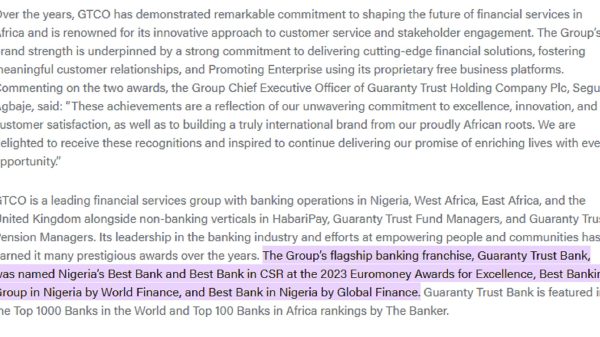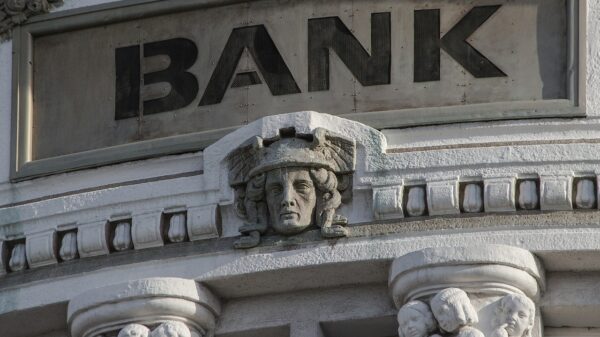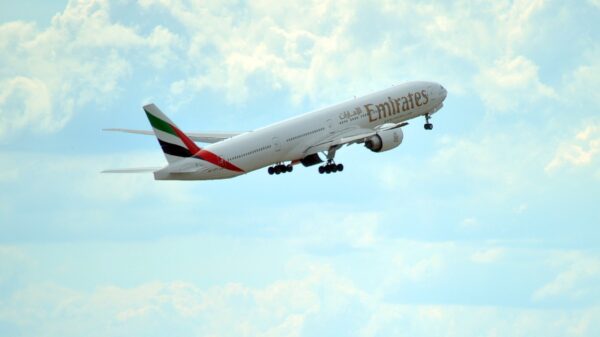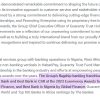The Central Bank of Nigeria (CBN) has stated that the attractiveness of securities in the international financial market, particularly in the United States, has harmed foreign capital inflow to the Nigerian economy.
This was disclosed by the apex bank in its recently released monthly economic report for October 2021.
Lagos and Abuja (FCT) were the top recipients of capital with US$0.44 billion (or 88.3%) and US$0.06 billion (or 11.7%) of the total, respectively, according to an analysis of capital imports by destination (states).
What the CBN is saying
The apex bank admitted that a more attractive financial market is disrupting the inflow of capital into the Nigerian economy.
The report said, “Foreign capital inflow to the domestic economy was adversely affected by the relative attractiveness of securities in the international financial market, particularly in the United States. Consequently, new capital importation decreased by 32.0 per cent to US$0.50 billion in October 2021, from US$0.66 billion in September 2021.”
The CBN stated that foreign portfolio investment declined by 34% but still maintained its dominance in total foreign investment.
The report said, “Disaggregation of capital importation by type of investment shows that foreign portfolio investment inflow (mainly money market instruments), at US$0.33 billion, decreased by 34.0 per cent, relative to the US$0.50 billion in September 2021. Despite the decline, portfolio inflow remained dominant in total foreign investment, accounting for 65.0 per cent. The inflow of other investments, mostly loans, was US$0.14 billion or 28.2 per cent of the total, a slight increase from US$0.13 billion in September 2021. Foreign direct investment inflow stood at US$0.03 billion and accounted for 6.8 per cent.”
Capital importation by nature of business shows that financing was 47.4%, banking (13.8%), shares (12.9%), trading (8.9 %), telecommunication (7.4 %), servicing (3.8%), production/manufacturing (3.6 %), agriculture (2.1 %), while others accounted for the balance.
The report stated that of countries that contributed to capital imports into Nigeria, South Africa led the pack (46.1%), followed by the United Kingdom (16.4%), and Singapore (10.0 per cent). The Netherlands contributed 9.5%, the US contributed 9.4%, Guinea contributed 2.0 %, Mauritius contributed 1.8%, the UAE contributed 1.0%, the Czech Republic contributed 0.9%, and Denmark contributed 0.9%). The remainder was accounted for by others.






















































You must be logged in to post a comment Login